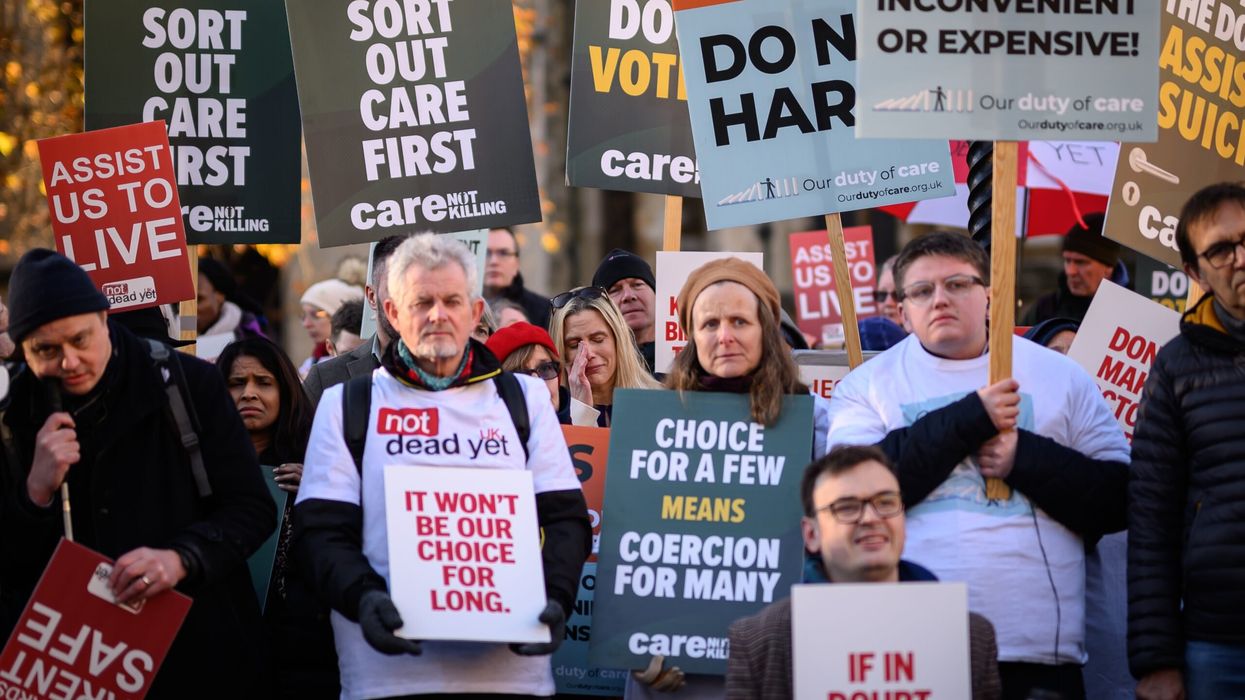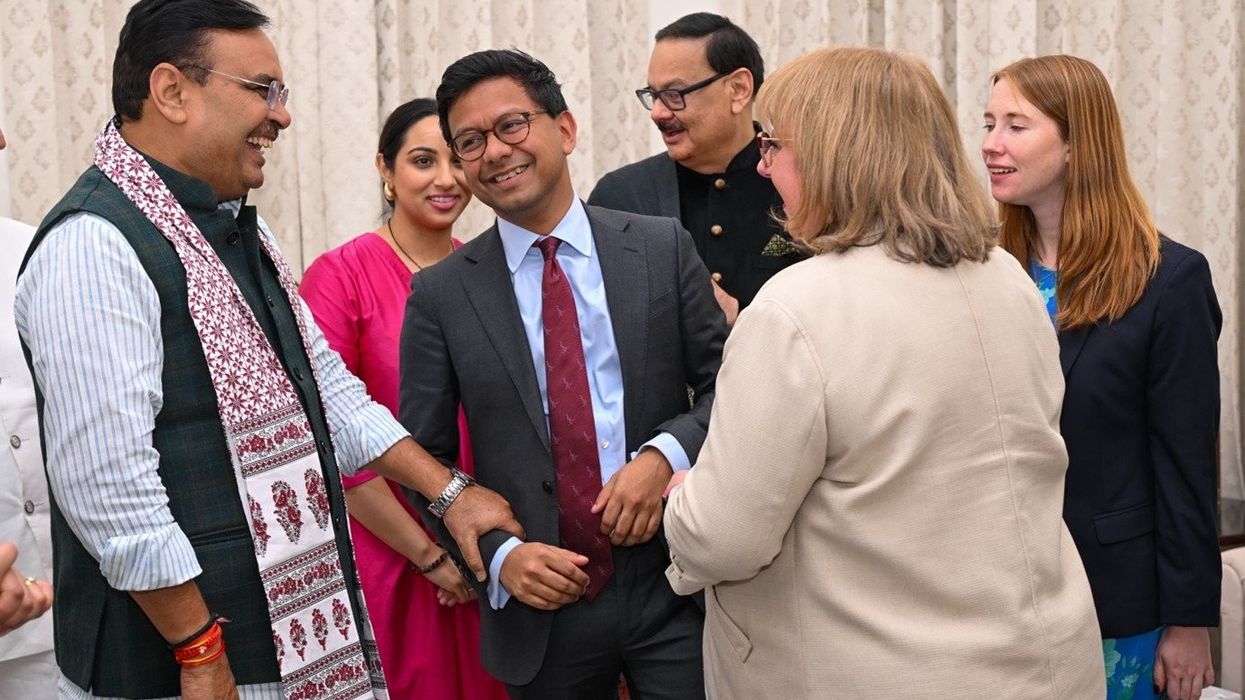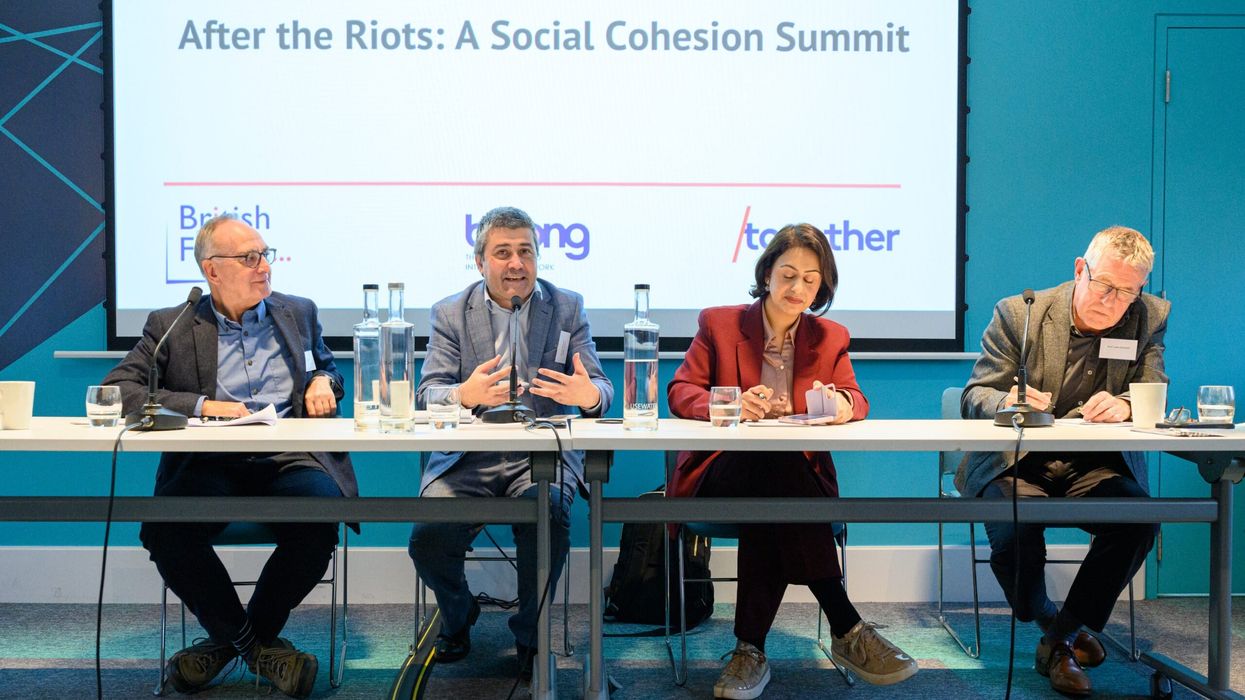By Barry Gardiner
Labour MP for Brent North
WE ARE moulded by our background, our family, our ethnicity. They all contribute to who we are.
But they do not define us. We have the power to think not only of how things are, but also of how they ought to be. What defines us as human beings is the power to imagine – to choose a different future.
I am a white man, living in a wealthy country. I am an MP, constantly needing to look beyond the privilege of my own identity to try to define that different future. I must understand what it is like not to be me. I must choose, not the decisions that maintain my privilege, but the decisions that others who are not privileged, require.
Last week thousands of young people demonstrated outside the House of Commons to call out racial injustice and to protest at the murder of George Floyd. They were not alone. All over the world similar protests and marches have taken place, and all with the same message: Black Lives Matter.
Some have cynically asked why we are protesting in London about the treatment of a man in the US. I think the answer is either human rights are universal, or they are meaningless.And the idea that we in Britain are divorced from racism in America was debunked almost two centuries ago when Alexis de Tocqueville reminded us that “no African came in freedom to the shores of the New World”.
Unless we understand the pain that racism is causing people of colour in Britain today, we will never understand why protesters pulled down the statue of Edward Colston at the weekend in Bristol. It is not possible to erase history – and we should not try. But we must not ignore the violence and the pain of our colonial past and understand its links to present suffering.
Some like to claim that racism here is not as bad as racism in America. How distorted must our thinking be to believe that there is such a thing as an acceptable level of racism?
Last June, the inquest into the death of the electrician Darren Cumberbatch while in the custody of Warwickshire Police reported that he had been punched 15 times by officers who used tasers and batons in what amounted to “excessive” force. The Independent Office of Police Conduct promised to review the findings of its initial investigation, but in the intervening 11 months, it has not even bothered to obtain a copy of the transcript of the inquest.
In 2018, Vijay Patel was murdered outside his own shop after he refused to sell cigarette papers to under-age youth. Yet, in Britain, the name of George Floyd is better known than either Vijay Patel or Darren Cumberbatch. We need to ask ourselves why.
When I took 10 minutes outside the gates of the Commons to join last week’s protest, I took a knee as a mark of respect and paused with those remarkable young people to reflect on the racism faced by so many people of colour, not just in the US, but here in Britain too.
I did not set out to break the social distancing rules, but the number of people protesting made it impossible to observe them. I straightaway acknowledged that I had broken them.
I am acutely aware of how much people have suffered to keep each other safe. I have strictly observed the social distancing rules for 10 weeks and have not been able to meet my new granddaughter, who was born at the end of March.
The evening before the protest, I received a negative test result. I am therefore confident that I did not infect anyone with whom I came into contact. And since the following morning I have self-isolated and not left home.
The rules are important in overcoming this pandemic and I do not want my action to undermine people’s willingness to maintain social distancing. But racism is a pandemic too.
Of course, I have an obligation to observe social distancing rules. But I also have an obligation to call out racial injustice and to stand in solidarity with the very people who, because of that injustice, are twice as likely to die from coronavirus. I had a choice. It was not a facile one – either way had consequences. I made mine.
It was Martin Luther King who said, “In the end, we will remember not the words of our enemies, but the silence of our friends.”




















‘Choosing to make black lives matter in the UK too’